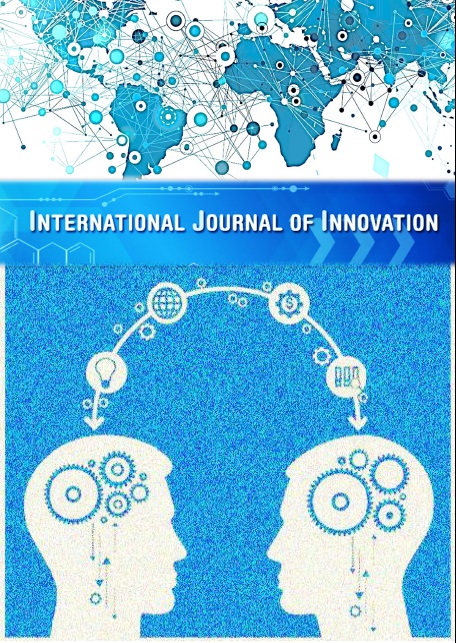A Proposal to Manage Lessons Learned in Projects: Web 2.0 Technologies to Promote Innovation
DOI:
https://doi.org/10.5585/iji.v2i1.12Palabras clave:
Project Management, Lessons Learned Processes, Lessons Learned Methods, Project Learning, Web 2.0 Technologies, InnovationResumen
The web 2.0 is transforming the project management in organizations by improving communication and collaboration. The new generation of web-based collaborative tools provides much better experience than the traditional software package allowing document sharing, integrated task tracking, enforcing team processes and agile planning. Despite of the indubitable benefits brought by web 2.0, the use of these technologies to promote knowledge management remains unexplored. For many project managers to obtain and integrate information from different tools of previous similar projects in global organizations remains a challenge. This theoretical paper presents a proposal that suggests an innovation in the knowledge management area applying web 2.0 technologies. The main goal is to provide an integrated vision of a set of technologies that could be used by organizations in order to promote better management of lessons learned. The proposal includes the lessons learned processes (e.g. capture, share and dissemination), the process-based (e.g. project review and after action review) and documentation-based (e.g. micro article and learning histories) methods. Results show how web 2.0 technologies can help project managers and team project to cope with the main lessons learned processes and methods to learn from experience. Moreover, recommendations are made for the effective use of web 2.0 components promoting innovation and supporting lessons learned management in projects.
Keywords: Project management; Lessons learned processes; lessons learned methods; project learning; web 2.0 technologies; innovation.
Descargas
Descargas
Publicado
Cómo citar
Número
Sección
Licencia
Derechos de autor 2018 International Journal of Innovation

Esta obra está bajo una licencia internacional Creative Commons Atribución-NoComercial-SinDerivadas 4.0.










